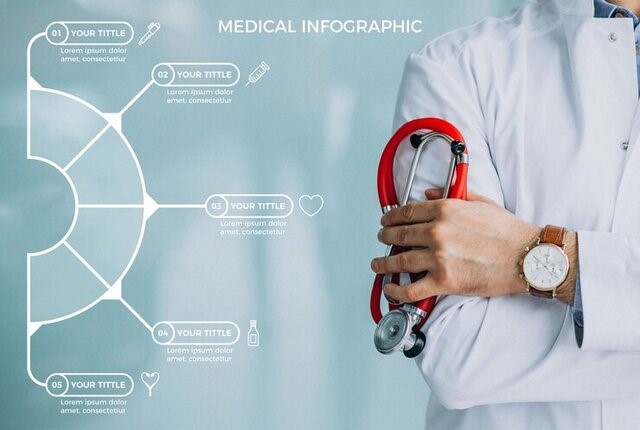
In the world of the healthcare industry, the efficient management of patient data and streamlined operations are crucial for providing high-quality care. Customer Relationship Management (CRM) systems have emerged as a revolutionary tool, not just for businesses, but also for healthcare organizations seeking seamless operations. In this article, we will delve into the innovative applications of CRM in healthcare, exploring how these advancements are transforming patient care, optimizing workflows, and enhancing overall operational efficiency.
Understanding CRM in Healthcare:
Traditionally associated with business and sales, CRM has found a new home in the healthcare sector. CRM in healthcare refers to the strategic use of technology to manage and analyze patient interactions and data throughout the patient lifecycle. It involves collecting, organizing, and leveraging patient information to improve healthcare delivery, communication, and overall efficiency.
Personalized Patient Engagement:
One of the key innovations brought about by CRM in healthcare is the ability to personalize patient engagement. Through comprehensive patient profiles and historical data, healthcare providers can tailor communication, treatment plans, and follow-up procedures to individual patient needs. This level of personalization not only improves patient satisfaction but also enhances patient outcomes by addressing specific health concerns more effectively.
Data-Driven Decision Making:
CRM systems empower healthcare organizations to make informed decisions based on data analytics. By analyzing patient data, organizations can identify trends, forecast demand for services, and optimize resource allocation. This data-driven approach enables healthcare providers to anticipate patient needs, allocate resources efficiently, and make strategic decisions that positively impact both patient care and organizational performance.
Streamlined Communication and Collaboration:
In a healthcare setting, effective communication is vital for providing timely and coordinated care. CRM systems facilitate seamless communication and collaboration among healthcare professionals. Real-time updates, shared patient records, and instant messaging features ensure that everyone involved in patient care is on the same page. This not only reduces the likelihood of errors but also improves the overall efficiency of healthcare teams.
Appointment Scheduling and Workflow Optimization:
CRM innovations in healthcare include advanced appointment scheduling features that streamline the process for both healthcare providers and patients. Automated appointment reminders, rescheduling options, and integrated calendars contribute to a more efficient workflow. By optimizing scheduling processes, healthcare organizations can reduce no-shows, improve resource utilization, and enhance the overall patient experience.
Patient Retention and Loyalty:
CRM systems play a crucial role in patient retention and loyalty. By maintaining a comprehensive record of patient interactions, preferences, and feedback, healthcare providers can identify opportunities to enhance patient satisfaction. Personalized follow-ups, targeted communication, and loyalty programs can be implemented to build lasting relationships with patients, encouraging them to remain engaged with the healthcare organization over the long term.
Integration with Electronic Health Records (EHR):
CRM innovations in healthcare are increasingly integrated with Electronic Health Records (EHR) systems. This integration ensures a seamless flow of information between different departments, reducing duplication of efforts and minimizing the risk of errors. Healthcare professionals can access a unified view of patient data, incorporating CRM insights into their decision-making processes for more comprehensive and patient-centric care.
Telehealth Integration:
The rise of telehealth services has been accelerated by CRM innovations. CRM systems can integrate with telehealth platforms, providing a centralized hub for managing virtual appointments, storing telehealth interactions, and ensuring a cohesive patient experience across both in-person and virtual visits. This integration is particularly valuable in enhancing accessibility to healthcare services, especially for patients in remote or underserved areas.
AI and Predictive Analytics:
Artificial Intelligence (AI) and predictive analytics are transforming the healthcare landscape through CRM innovations. By leveraging AI algorithms, CRM systems can predict patient needs, identify high-risk individuals, and recommend personalized treatment plans. This proactive approach to healthcare allows providers to intervene early, preventing complications and improving overall patient outcomes.
Conclusion:
CRM innovations are reshaping the way healthcare organizations operate, ensuring a more patient-centric, efficient, and data-driven approach to healthcare delivery. As the integration of CRM with healthcare systems continues to evolve, the industry can expect further advancements that will revolutionize patient care, optimize workflows, and enhance overall operational efficiency. Healthcare providers embracing these CRM innovations are poised to deliver a higher standard of care, ultimately contributing to a healthier and more connected future for both providers and patients.